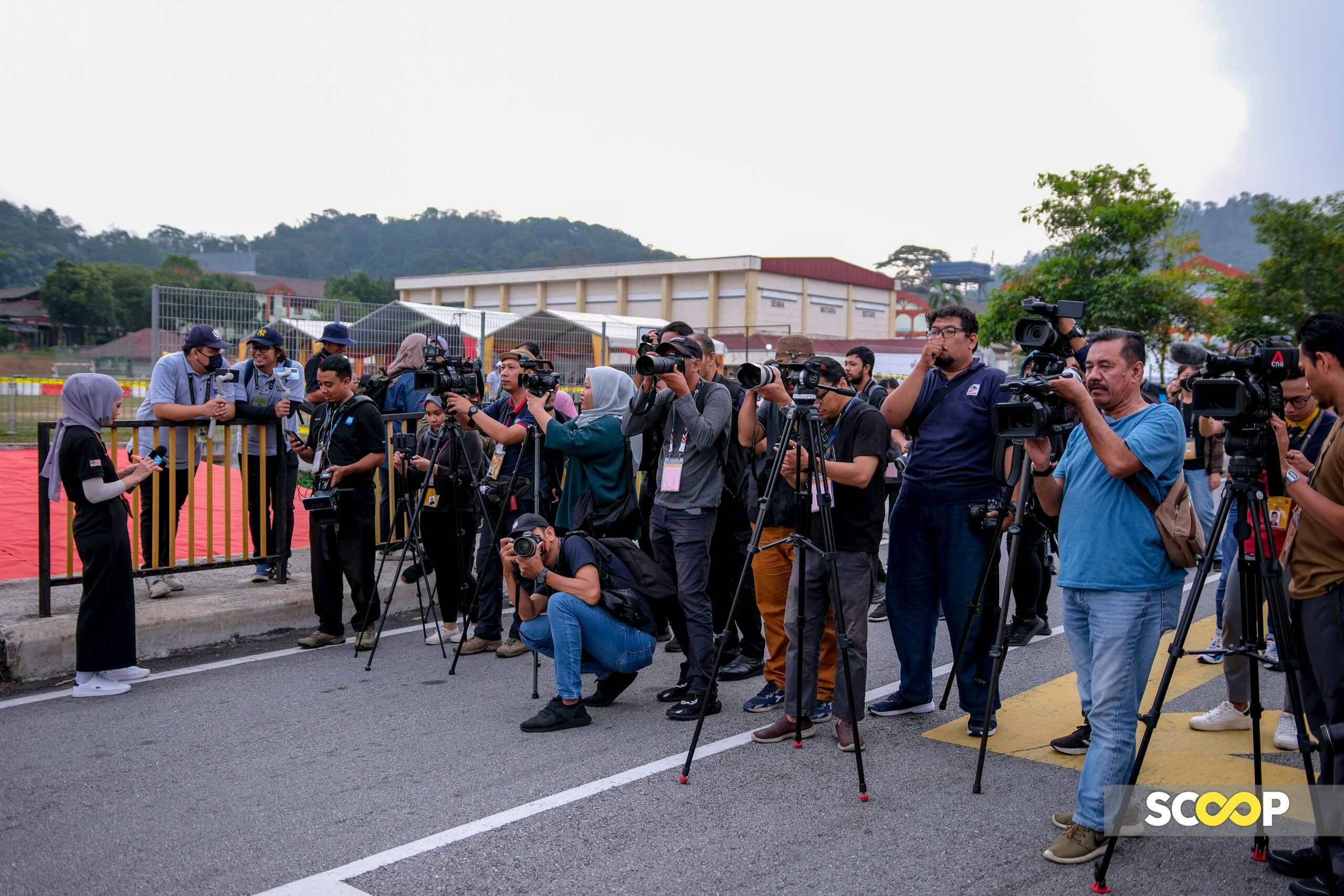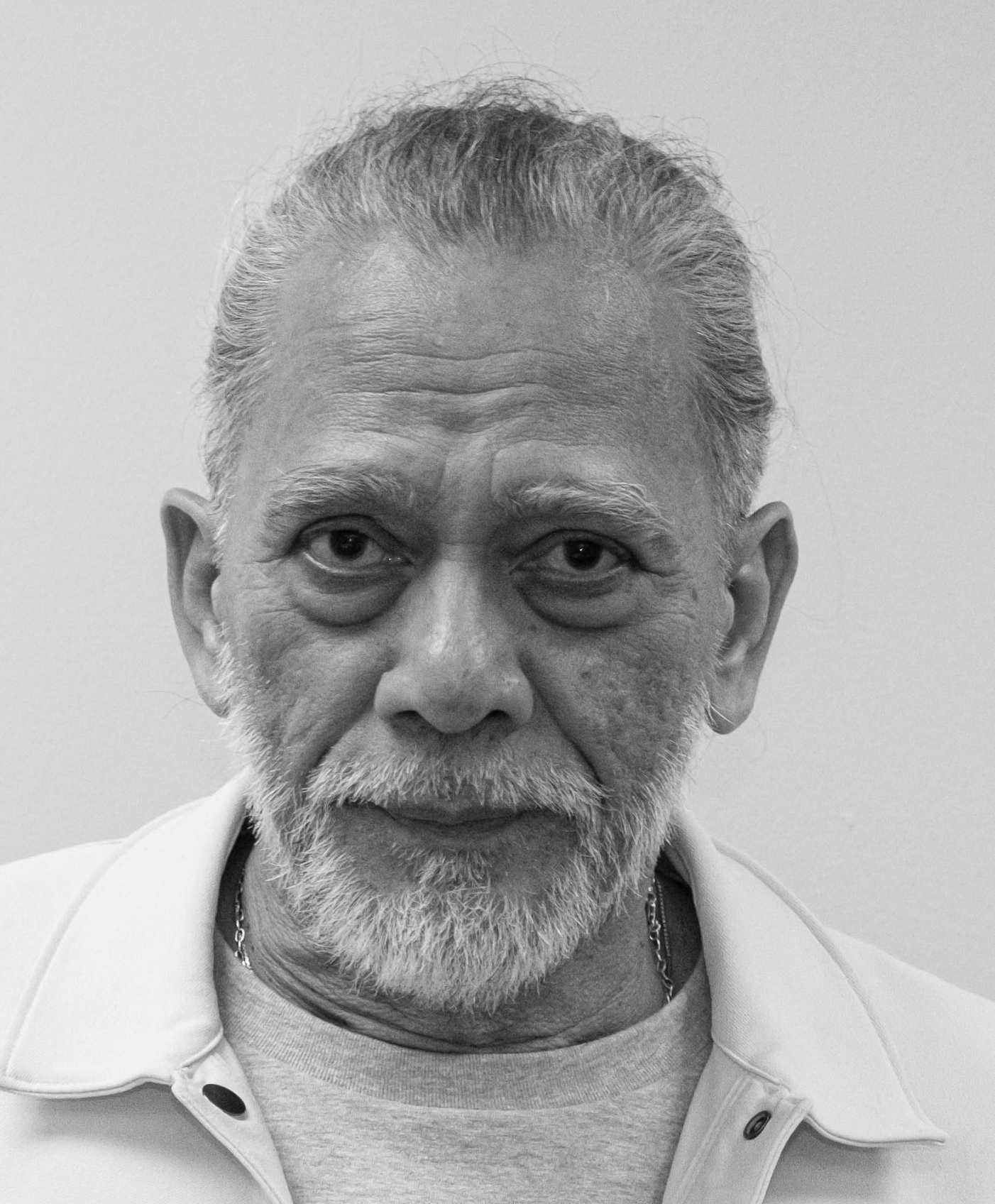FAHMI Fadzil, the communications minister, should stop already.
No need to apologise for the “drop” in Malaysia’s rankings in Reporters Without Borders (RSF) press freedom rankings – really. And he should not accept with “open heart” their rankings.
He should also not quarrel with Bersatu’s Datuk Wan Saiful Wan Jan or ex-Muda chief Syed Saddiq Syed Abdul Rahman who are blaming him for the drop.
What Fahmi should do is challenge the RSF’s report.
He must. Because the RSF’s rankings are flawed – have almost always been.
Consider this: Israel has murdered more than 140 journalists of all nationalities in Gaza since October 7, but Israel’s press freedom ranking dropped only FOUR places to 101 in the RSF’s 2024 rankings!
Malaysia, on the other hand, killed – much less harmed – none, and its rankings plummeted 34 places from 73rd to 107th!
Now, how did the RSF manage to create such a discrepancy?

It managed to do that by not updating its information, relying on sloppy research, and allowing for misleading reporting.
After all these years, the Paris-based Reporters sans Frontières is still awfully ignorant of what goes on anywhere outside their own tiny box.
For example, in penalising Malaysia, the RSF said: “The government exerts a great deal of political pressure to deter the media from tackling sensitive subjects or from criticising politicians and government officials.
“The authorities are after investigative reporters, and the monarchy is an extremely sensitive subject, as are discussions on race and religion.
“Any form of commentary or reporting deemed critical of the monarchy can result in prosecution, leading to widespread self-censorship on the matter.”
It can be read here: https://rsf.org/en/country/malaysia
However, the two links given by RSF to back its own conclusions as mentioned above – that Malaysian authorities went after investigative reporters and comments or reports resulting in prosecution – will take readers back to incidents that took place when Tan Sri Muhyiddin Yasin was prime minister!
We all know that Muhyiddin was replaced by Datuk Seri Ismail Sabri Yaakob who lost the November 2022 general elections, which paved the way for Datuk Seri Anwar Ibrahim.
If that’s not outdated, sloppy and misleading enough, try the RSF’s report on the threat to Malaysian journalists’ “safety” as another example: “Malaysian journalists are rarely the target of physical attacks, but some are subjected to judicial harassment or smear campaigns.
“Recent threats to journalism have included prosecutions involving huge expenses, police searches of media outlet headquarters, disregard for the confidentiality of sources, and expulsions of foreign reporters or whistleblowers.”
Again, the link given to prove “judicial harassment” against Malaysian journalists leads readers to a 2020 article, when Muhyiddin was prime minister and Covid-19 ruled the world.
It’s May 2024 now, in case you’re wondering.

So when Fahmi and his team “analyse the RSF report (to) formulate more robust efforts for the future”, please update the RSF on some of the issues that it had overlooked, such as:
1. the establishment of the RM1 million fund in May last year to look after the welfare of retired journalists
2. better deal for stringers in terms of statutory benefits
3. progress of the Malaysian Media Council that moots the self-governance of the industry
4. equal treatment for journalists working with foreign publications based in Malaysia
5. the ministry has taken on Meta (Facebook) and TikTok to compel these social media giants to share revenue with local media which content they have been using for free all these years.
In Malaysia, financially troubled news organisations and portals – from giants like Utusan Malaysia to boutique news sites like TMI – have run to the government of the day to help bail them out.
Their journalists have remained critical of the authorities, reporting without fear or favour afterwards.
In Malaysia, political organs such Suara Keadilan, Harakah, the Rocket and countless sites and microblogs sponsored by political parties, politicians and corporate cronies have been recognised as “media” and given press tags just like NST, Bernama and the Star.
All in the name of media freedom! (For the record, I do not believe political organs should be regarded as “media” or “press” even though the people working for them are bona fide journalists – but that’s my personal view).
And for the record, this isn’t the first time I’ve been suspicious of the RSF’s assessment.
Yes, not many of us remember how Brunei suddenly became the free-est media in Asean in 2013. As I had written then, journalist friends who have worked in Brunei and who are still there were floored when I told them this.

However in its 2024 report, SF had this to say about Brunei: “Press freedom is virtually non-existent in the sultanate of Brunei Darussalam, a small, wealthy state located in the north of the island of Borneo.”
I hope Fahmi will challenge the RSF’s latest index. Someone needs to hold them accountable.
RSF refers to a “panel of experts” who made the assessment. Who exactly are they? What are their own credentials and have they spent at least a day in the newsroom?
These are not forthcoming. It is ironic for an organisation that also champions transparency and accountability.
If RSF wants to be taken seriously, grow some gumption and rank Israel right at the bottom where it truly belongs – at No. 180 – for the unprecedented crimes it has committed against humanity.
It can hide behind its methodology which comprises political context, legal framework, economic context, sociocultural context and safety.
But the fact remains that something is wrong with the index when a regime that kills and detains journalists is ranked higher than Eriteria which is at the bottom of the index despite detaining only 10, compared to Israel’s 37. – May 7, 2024
Datuk Ahirudin Attan, better known by his moniker Rocky Bru, is the executive director of Big Boom Media which publishes Scoop and president of the National Press Club (NPC)


